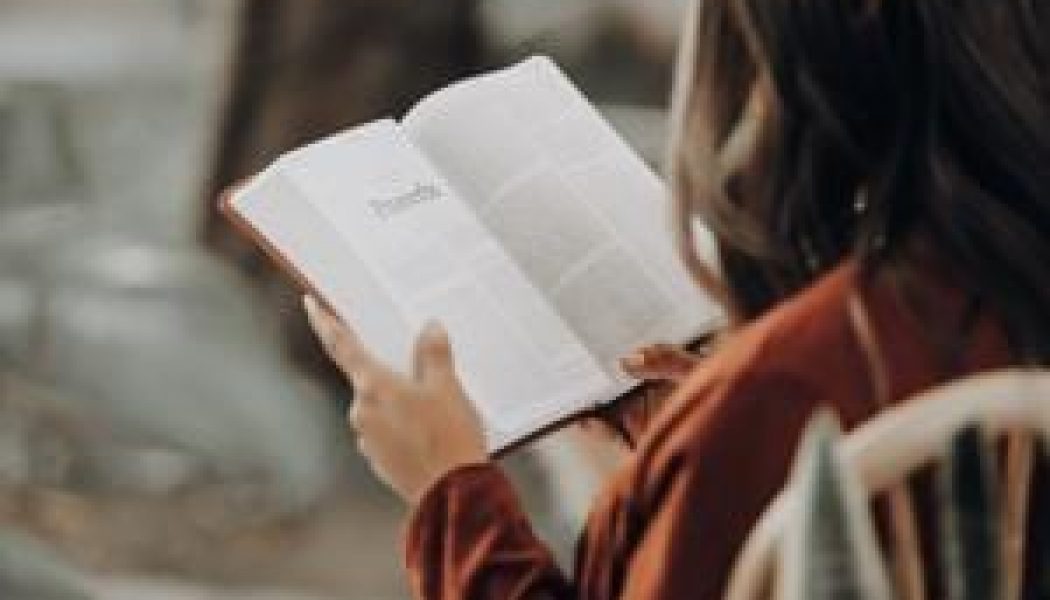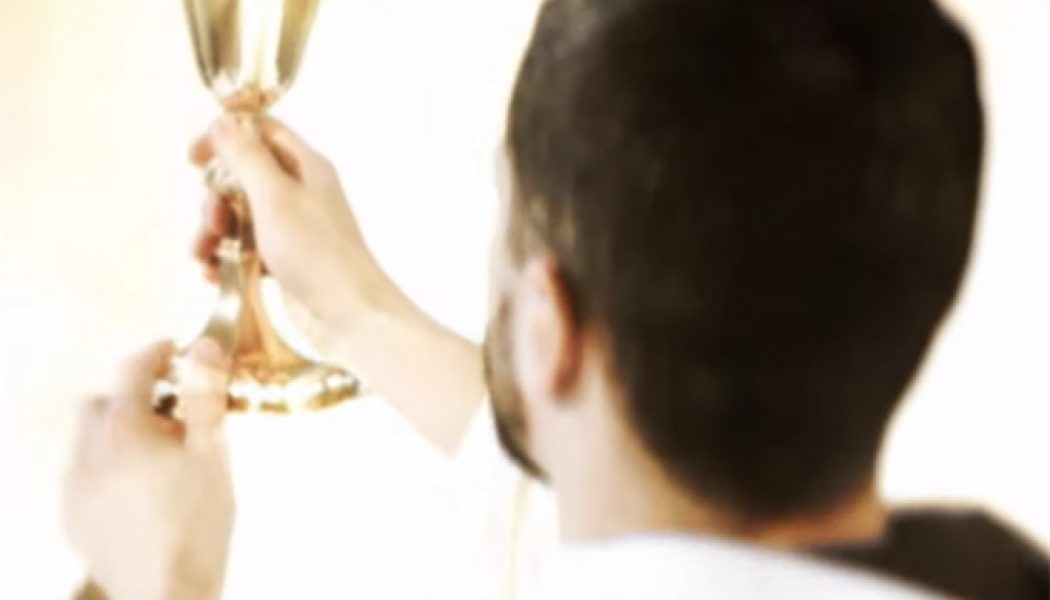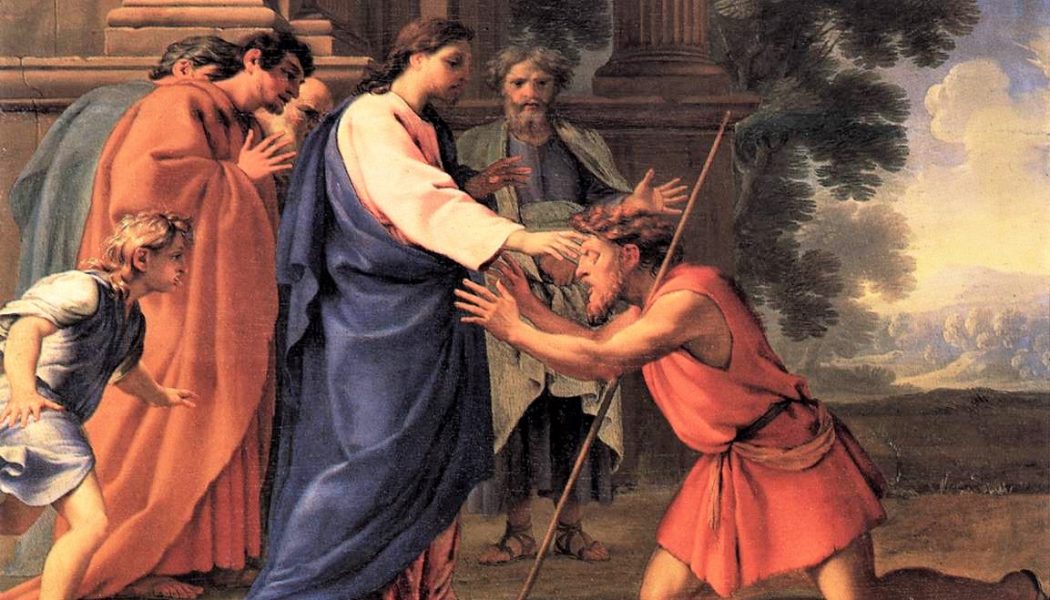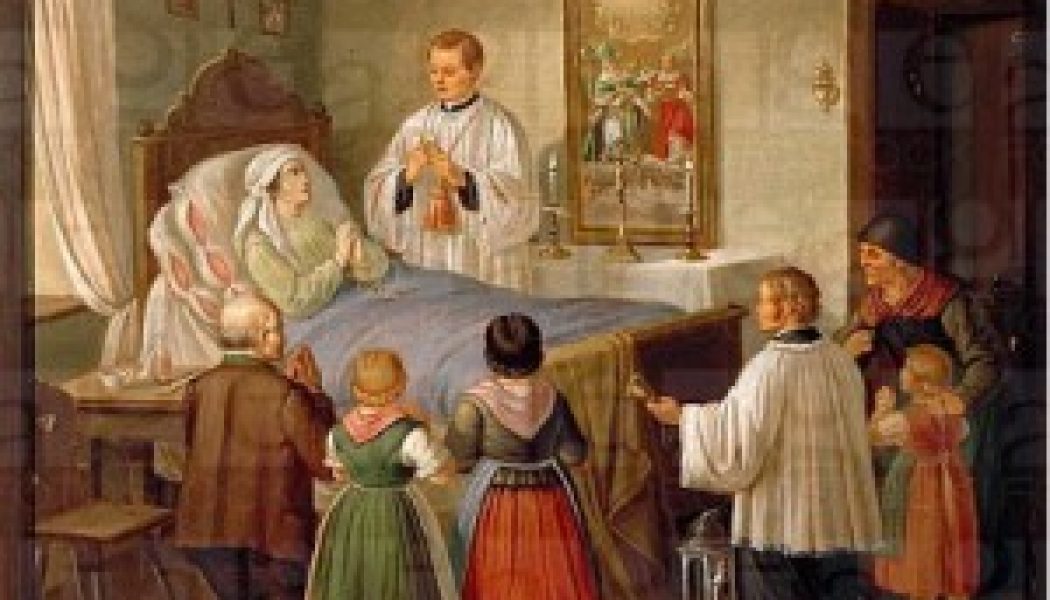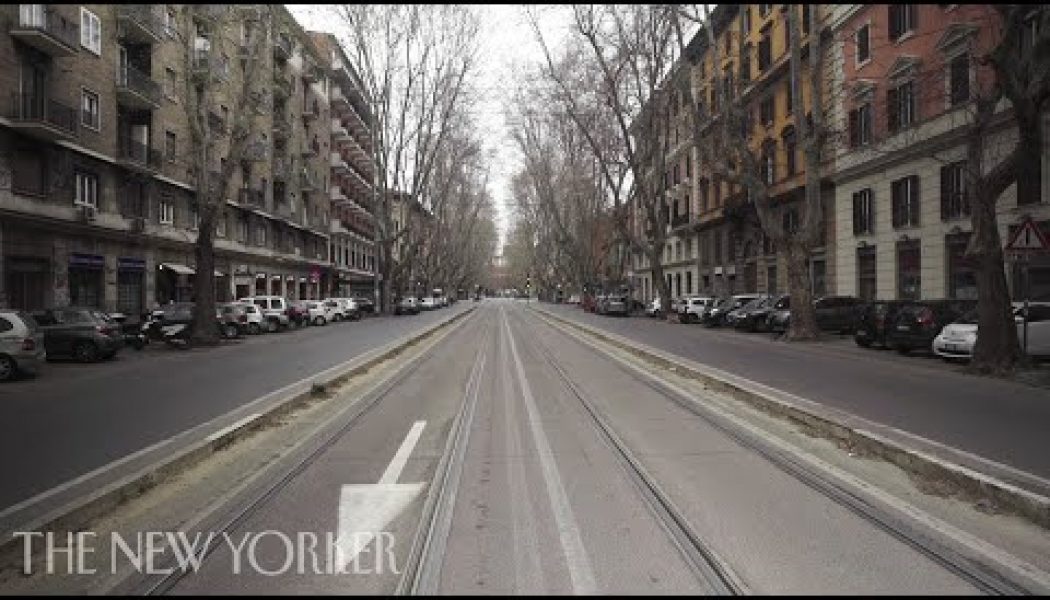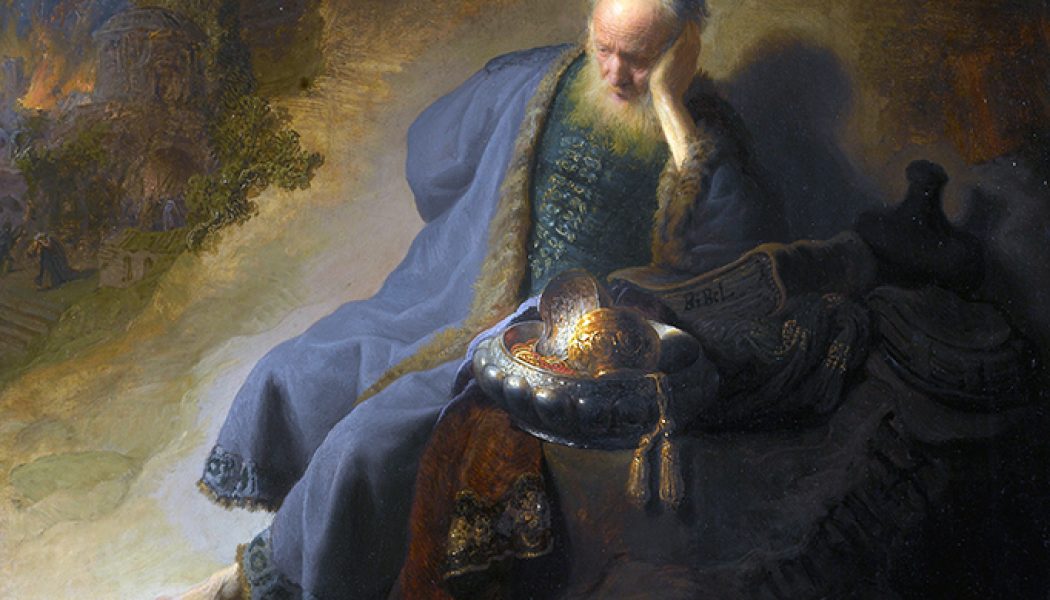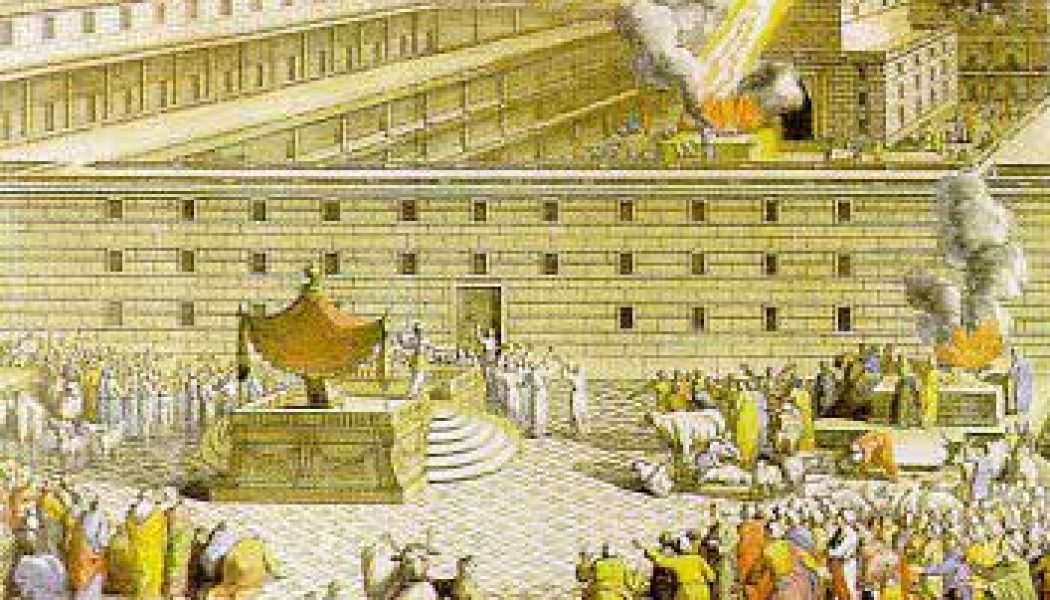Left
Archbishop Fulton Sheen’s advice for humanity in a time of crisis…
.font_0 {font: normal normal normal 17px/1.4em lulo-clean-w01-one-bold,sans-serif ;color:#000000;} .font_1 {font: normal normal normal 16px/1.4em din-next-w01-light,din-next-w02-light,din-next-w10-light,sans-serif ;color:#605E5E;} .font_2 {font: normal normal normal 42px/1.4em lulo-clean-w01-one-bold,sans-serif ;color:#000000;} .font_3 {font: normal normal normal 110px/1.4em lulo-clean-w01-one-bold,sans-serif ;color:#000000;} .font_4 {font: normal normal normal 42px/1.4em lulo-clean-w01-one-bold,sans-serif ;color:#000000;} .font_5 {font: normal normal normal 23px/1.4em avenir-lt-w01_35-light1475496,sans-serif ;color:#000000;} .font_6 {font: normal normal normal 17px/1.4em lulo-clean-w01-one-bold,sans-serif ;color:#000000;} .font_7 {font: normal normal normal 17px/1.4em avenir-lt-w01_35-lig...
Learning Latin the medieval way…
Latin, as the primary historical language of erudition and learning in the West, is the sole gateway into the halls of Western thought and humanistic learning. Without the use of this language, we can hardly know ourselves, and certainly not the road that brought us to the modern day. “To read Latin and Greek in their original, is a sublime luxury. I thank on my knees him who directed my early education for having put into my possession this rich source of delight; and would not exchange it for anything which I could then have acquired, and have not since acquired.” – Thomas Jefferson I The value of Latin hardly needs be argued to anyone who reads here, but I will nevertheless restate what may be obvious: Latin, as the primary historical language of erudition and learning in the West, is ...
Celebrations of the Liturgy of the Word in your family…
Reading the Bible (CC0 Joel Muniz on Unsplash) With the inability to go to Sunday Mass for many families, many parishes are offering live streaming of Mass. I think this a good option for many. However, for some families doing the liturgy of the Word together may be a better option. As I could not find a clear document online for this, I threw one together based on the Celebrations of the Word and Communion without a priest. I think for most printing out THIS PDF would be ideal but I paste it all below as well. This was prepared for times when families gather at home to pray a paraliturgy when attending Mass is impossible. Preparation Before you lead the celebration, you should prepare the following: Set the Lectionary for the readings of the day. See: usccb.org/bible/readings/ Get the rig...
Watch: From EWTN, the Mass for the Fourth Sunday of Lent…
During this time, especially during the Lenten season, we wanted to remind you that EWTN broadcasts the daily Mass live at 8 a.m. Eastern from Our Lady of the Angels Chapel on the EWTN campus in Irondale, Alabama. You can watch live on TV or online via streaming at ewtn.com/tv/watch-live. You can also listen to the Mass live on the radio, SIRIUS/XM, or listen online at ewtn.com/radio/listen-live. If you missed the live stream, you can get today’s daily readings and homily at this link. Click here to find EWTN on your local cable/satellite provider or click here to find our radio schedule.
4th Sunday of Lent: I went, I washed, and now I see…
In today’s Gospel, Jesus, the Light of the World, brings light to a man born blind. If you are prepared to accept it, you are the man born blind, for all of us were born blind and in darkness. It was our baptism and the faith it gave that rendered us able to see and to come gradually more fully into the light. The man in today’s Gospel shows forth the stages of the Christian walk, out of darkness and into the beautiful light of Christ. Let’s take a moment to ponder the stages of the blind man’s walk, for each of us is the man. I. The Problem that is Presented – We are introduced to a man who was blind from birth, incapable of seeing at all. As Jesus passed by he saw a man blind from birth. His disciples asked him, “Rabbi, who sinned, this man or his parents, that he was born blind?” Jesus ...
Questions about anointing, Extreme Unction, and absolution in time of pandemic…
From a priest… QUAERUNTUR: I understand that a priest can anoint with an instrument: if he can’t reach inside the collapsed house, but a little wooden rod could, he may anoint in this way.My question is, can he use a living instrument: as the priest is physically present sitting earshot, could a nurse apply the holy oil to the quarantined person while the priest says the words? No. Not another person. A priest can use an instrument, such as tongs or forceps to reach to anoint a person. I’ve had to do that once. Brrrrrr. The priest is still the one doing the anointing. An instrument can be used, the priest has to be the one using it. The same goes for baptism. The one baptizing must administer the water while saying the form. Thus, no. T...
How wonderful is wonder?
Most of us have met “the guy who knows everything”—meaning, the guy who claims to know everything. He’s the boss who can do no wrong, the bore at parties who has a strong opinion about all subjects under the sun, or the political junkie who not only knows the “true contents” of Hilary Clinton’s deleted emails, but also knows “who is really running the world.” It must be hard to be that guy. It must be hard to live a life of metaphysical certitude about everything. Because once you claim to have absolute certainty, there is no room for wonder. And that’s sad. Because wonder—which Saint Thomas Aquinas defines as “a kind of desire for knowledge”—is wonderful. The pleasure of wonder Aristotle and Saint Thomas Aquinas agree that wonder is not a mundane human activity but rathe...
This Sunday, Jesus tells us that “the works of God might be made visible” by our afflictions …
By Tom Hoopes, March 19, 2020 Why do people suffer affliction? Why does affliction threaten our whole way of life? And what should we do about it? The readings for this Sunday, the Fourth Sunday of Lent Year A, are full of insights that are directly relevant to the Deep Lent of 2020, when we all face difficulty and pain because of the coronavirus pandemic and the measures taken against it. It is uncanny how the readings of Holy Week have tracked with the news of the virus. Lent’s Sunday readings are meant to prepare us to recommit at Easter to our baptism in a world enslaved to Satan and sin. This time, they are also preparing us to find hope in a world infected by virus and fear. The First Sunday of Lent told the story of the curse of Adam and Eve and the need to reject the devil. Th...
The Surrender Novena, Our Lady of Monte Berico, Saint Joseph, and praying the Rosary…
I have been wanting to get a least one blog post out this week because I felt the need to reach out to my readers and followers. We are living through unprecedented times with this COVID-19 outbreak. I said to my wife today that it affects everyone we know – family, friends…everyone! There are times when it feels surreal and I think I am going to work up from a dream. With us all understanding this, I know deep down in my heart and soul that Our Lord Jesus Christ has a plan and that his merciful love will triumph. God never abandons us, most especially in times like this. It is a bit disappointing that we can’t get access to the spiritual graces from the Holy Eucharist since so many dioceses have canceled Masses, however, we should be obedient to our Bishop (see article below). I would enc...
‘Rome, Closed City’ — Scenes from an eerily empty Rome…
[embedded content] Scenes from a day of weirdness in quarantine in Rome, Italy as Romans socially distance to avoid spreading the coronavirus. ‘Rome, Closed City’ is a short directed by Mo Scarpelli.
The House of the Lord is closed but the glory has not departed…
We trust that God sees our hearts — hearts that long for him, perhaps more than ever before. I had been watching the spread of the coronavirus on the news for several weeks. But it became very personal last Friday at 11:30 a.m. when I got the call from my wife. Don’t worry. No one in our household caught the virus. We’re all healthy. But my wife was informing me that the State of Colorado had just announced all public gatherings of 250 people or more needed to be canceled. We immediately knew what that meant. The Archdiocese of Denver would soon follow by canceling all public Masses. So we quickly packed our kids in the car, rushed to a noon Mass and received Holy Communion for one last time before the looming moratorium. And sure enough, on our way home, we received the announcement — all...
A lament from Scripture, well-suited to the current crisis…
The reading for Tuesday’s Mass (Tuesday of the Third Week of Lent) was astonishingly applicable to our current situation. It also brings up a controversial question: are we experiencing punishment for our sins? The modern world has grown proud; we have largely forgotten our vulnerability. Worst of all, we have collectively cast God aside. In this sense we do not need to directly attribute this chastisement to God. Rather, the deep wound to our own sense of invincibility is itself the source of our pain and punishment. We have been felled quickly, bewildered with an intense fear unthinkable just a month ago. Much of the fear is focused on our mortality. The lack of supernatural faith and the heavy focus on “this world,” a world that seeks only material blessings, fuels this fear. To those w...




